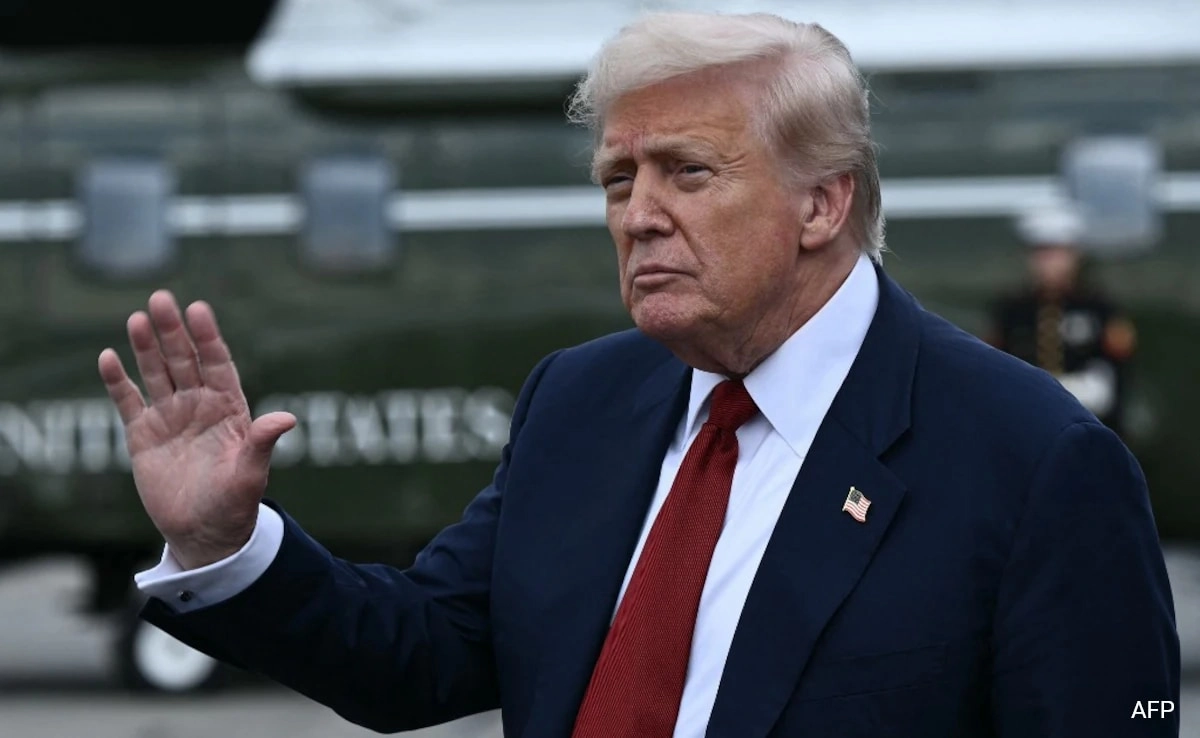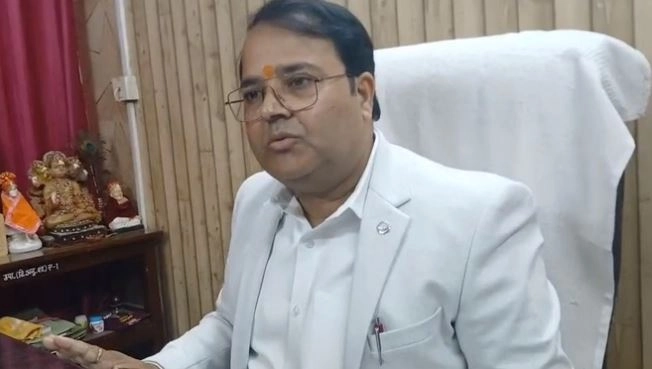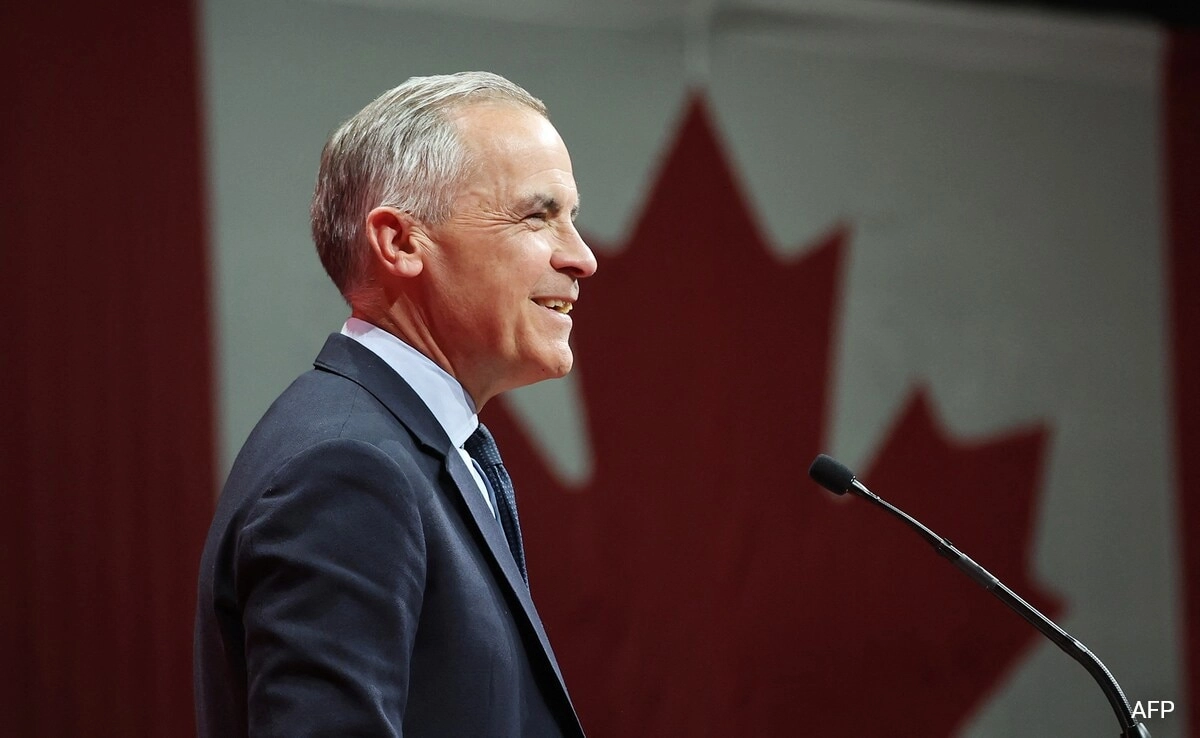Cambodia has announced its intention to nominate former U.S. President Donald Trump for the Nobel Peace Prize, a development that has sparked considerable debate and intrigue on the international stage. This nomination stems from the belief among some Cambodian officials that Trump’s actions during his presidency contributed to fostering peace in various geopolitical contexts. Notably, his administration’s approach to North Korea, which included unprecedented direct diplomacy with Kim Jong-un, is often cited as a significant factor in reducing tensions in the region. Supporters of the nomination argue that such efforts warrant recognition on a global scale, especially in an era marked by complex diplomatic challenges.
However, the nomination raises questions about the criteria for the Nobel Peace Prize and the motivations behind Cambodia’s endorsement. While some see this move as a genuine acknowledgment of Trump’s contributions to peace, others interpret it as a strategic maneuver to strengthen ties with the former president, especially considering his fluctuating political influence in the United States. Critics may argue that nominating Trump overlooks various controversies and conflicts that occurred during his tenure, including his administration’s approach to immigration, environmental policies, and human rights issues. This divergence in perspectives highlights the complex nature of international diplomacy and the multifaceted dimensions of peace.
The implications of Cambodia’s nomination extend beyond the immediate political landscape, prompting discussions about the evolving nature of international alliances and the role of individual leaders in shaping global peace narratives. As countries navigate their diplomatic relationships, the nomination of a polarizing figure like Trump for such a prestigious award complicates the discourse surrounding what constitutes true contributions to peace. The ensuing conversations will likely reflect broader themes of nationalism, populism, and the shifting dynamics of global politics, particularly in regions where leadership styles and governance philosophies are in flux.
Ultimately, Cambodia’s decision to nominate Donald Trump for the Nobel Peace Prize exemplifies the ongoing interplay between national interests and global recognition. It underscores the importance of how leaders are perceived and the potential legacy they leave behind in the realm of international relations. As the nomination process unfolds, it will be essential to examine not only the historical context of Trump’s presidency but also the implications of such recognitions on future diplomatic efforts and the quest for peace in a world fraught with division and conflict.




